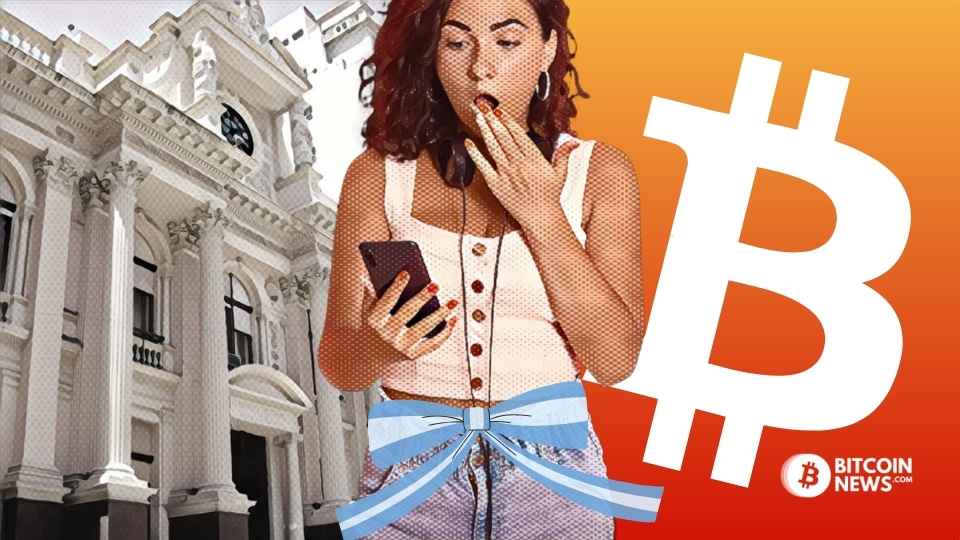Argentina’s central bank has imposed stricter regulations on bitcoin. According to a recent announcement, the bank has prohibited payment platforms from providing customers with digital assets such as Bitcoin. The Central Bank of the Argentine Republic (BCRA) stated that this measure aims to “reduce risks.”
Several well-known companies, including fintech leader Ualá and online marketplace Mercado Libre, provide their customers with the option to engage in bitcoin trading.
The statement explained that payment service providers offering payment accounts are prohibited from conducting or facilitating transactions involving unregulated digital assets, including bitcoin, unless authorized by the Central Bank of the Argentine Republic (BCRA) and regulated by the appropriate national authority.
Los proveedores de servicios de pago no podrán realizar operaciones con criptoactivos ni facilitarlas desde sus aplicaciones o plataformas web.
Las personas interesadas deberán realizar las operaciones por su cuenta.
🔽https://t.co/IKivQUQiMG— BCRA (@BancoCentral_AR) May 4, 2023
The bank did not provide further explanation in the announcement, apart from citing customer protection as the primary reason. As a result, major platforms such as Mercado Libre, often referred to as Latin America’s equivalent of Amazon, will no longer be able to provide Bitcoin purchasing services to Argentinian users.
Currently, Argentina, the third-largest economy in Latin America, is facing one of the highest inflation rates globally. Last month, the inflation rate surpassed 100%, marking the first time it has reached such levels in three decades.
Several digital currency startups in Argentina, along with a prominent presidential candidate, have advocated for the use of bitcoin as a solution for everyday Argentinians who struggle to save money or face the risk of falling into poverty due to the depreciation of the national currency, the peso.
Bitcoin’s popularity is on the rise in Argentina. Buenos Aires hosted the LaBitConf event, attracting key players in the industry – including MicroStrategy founder Michael Saylor – to discuss Argentina’s growing role in the bitcoin ecosystem.



